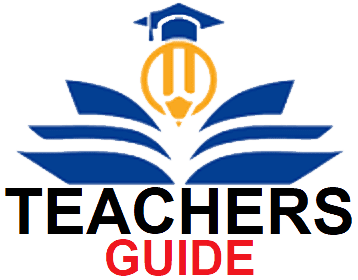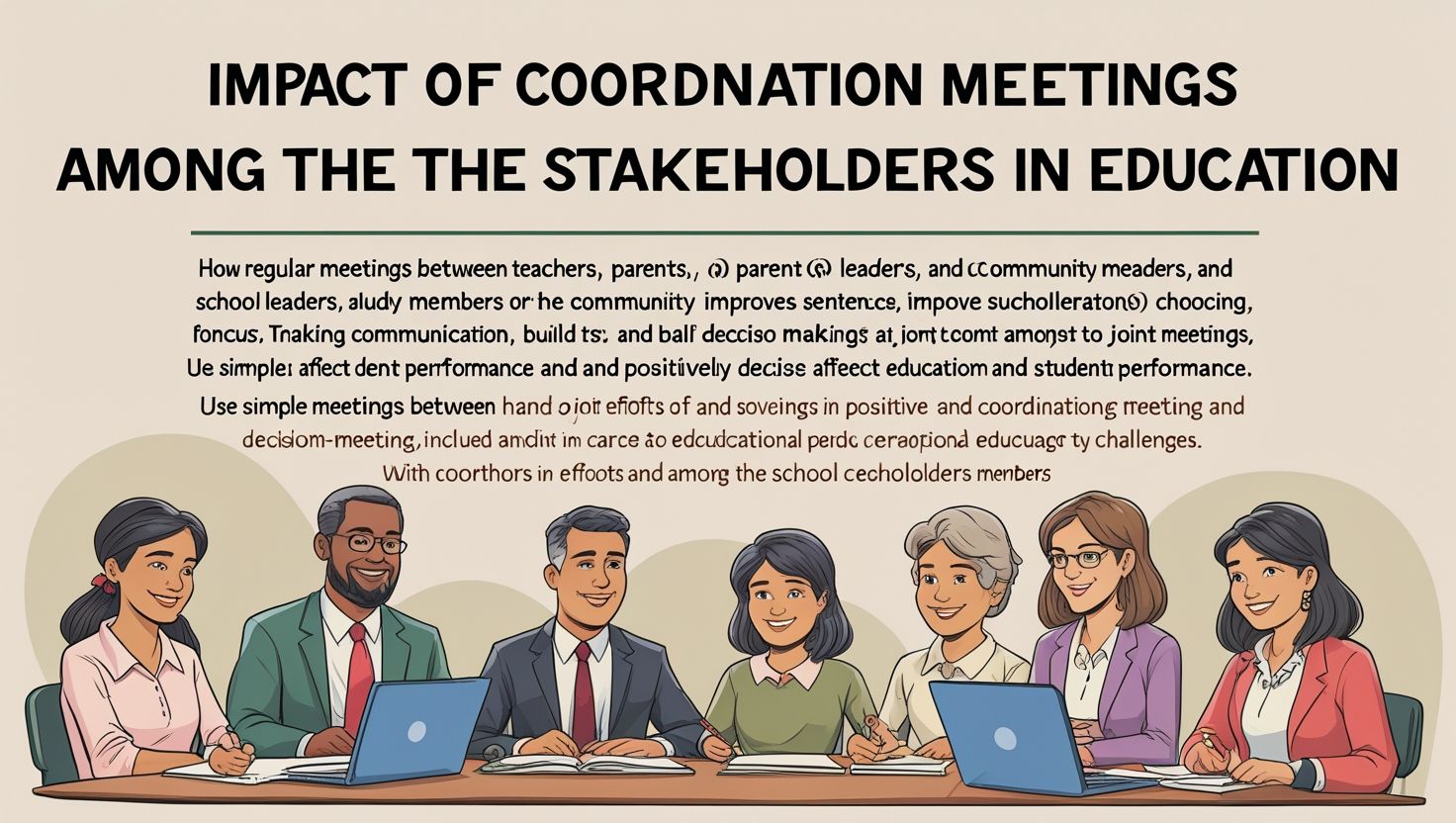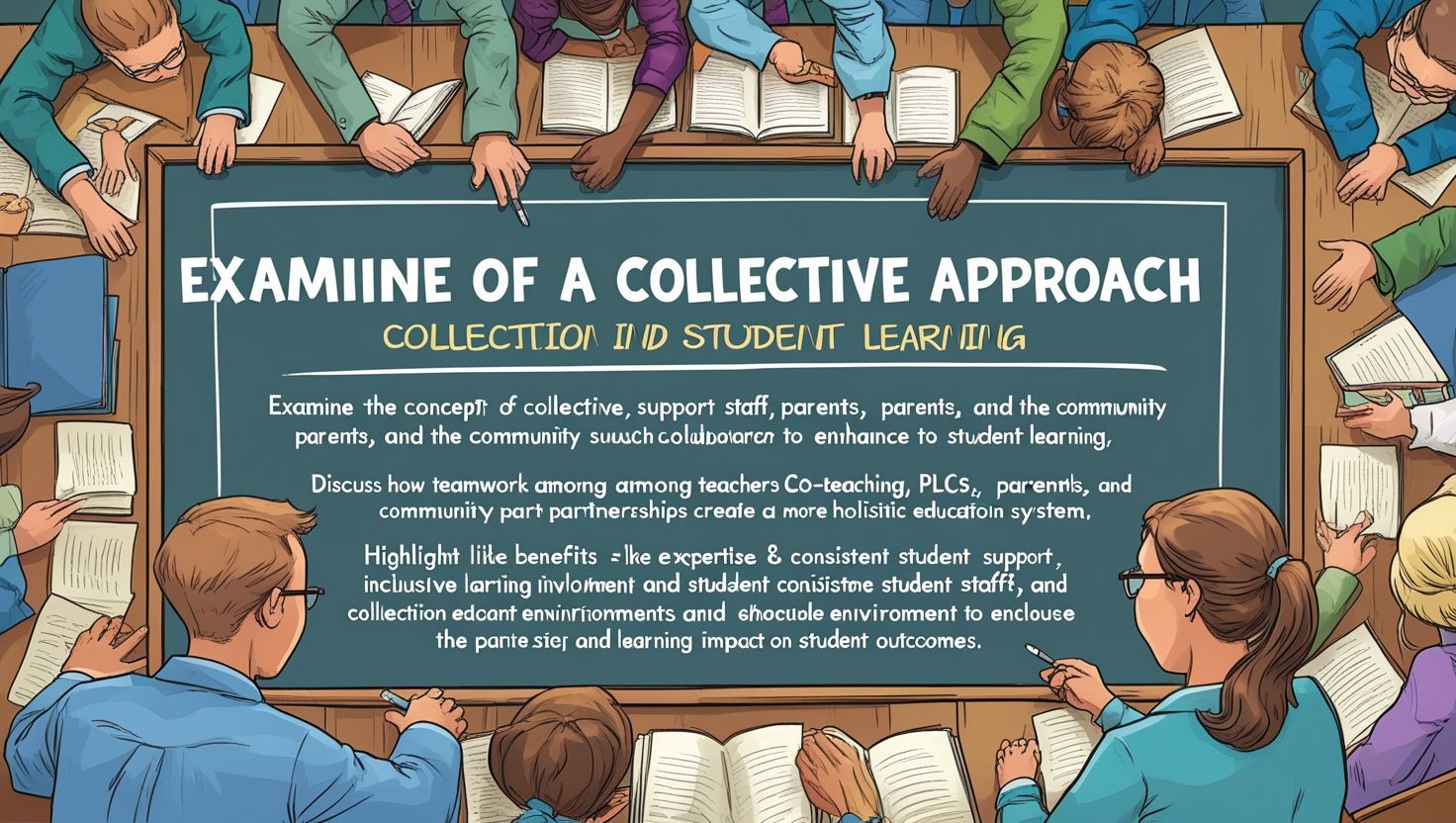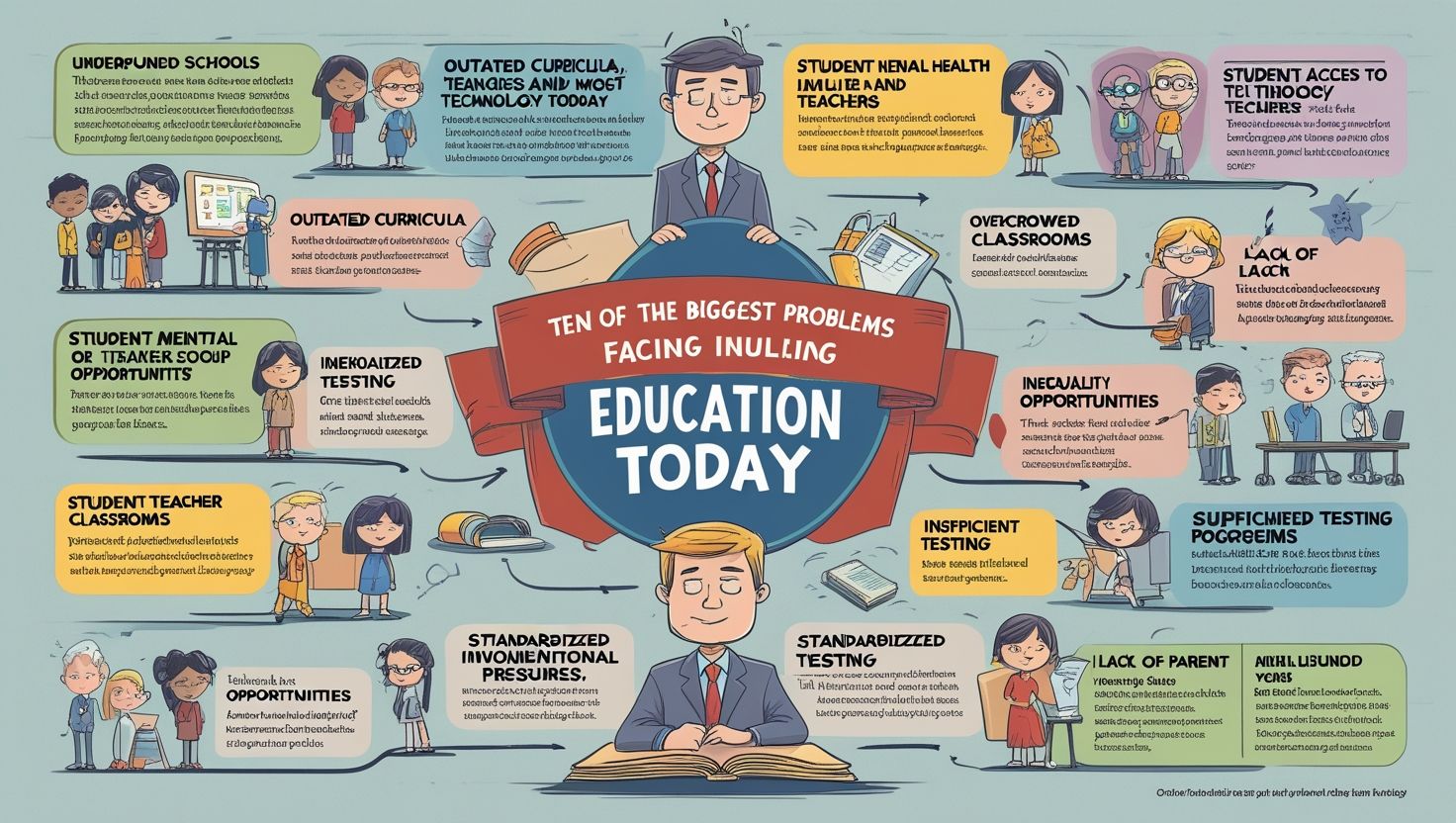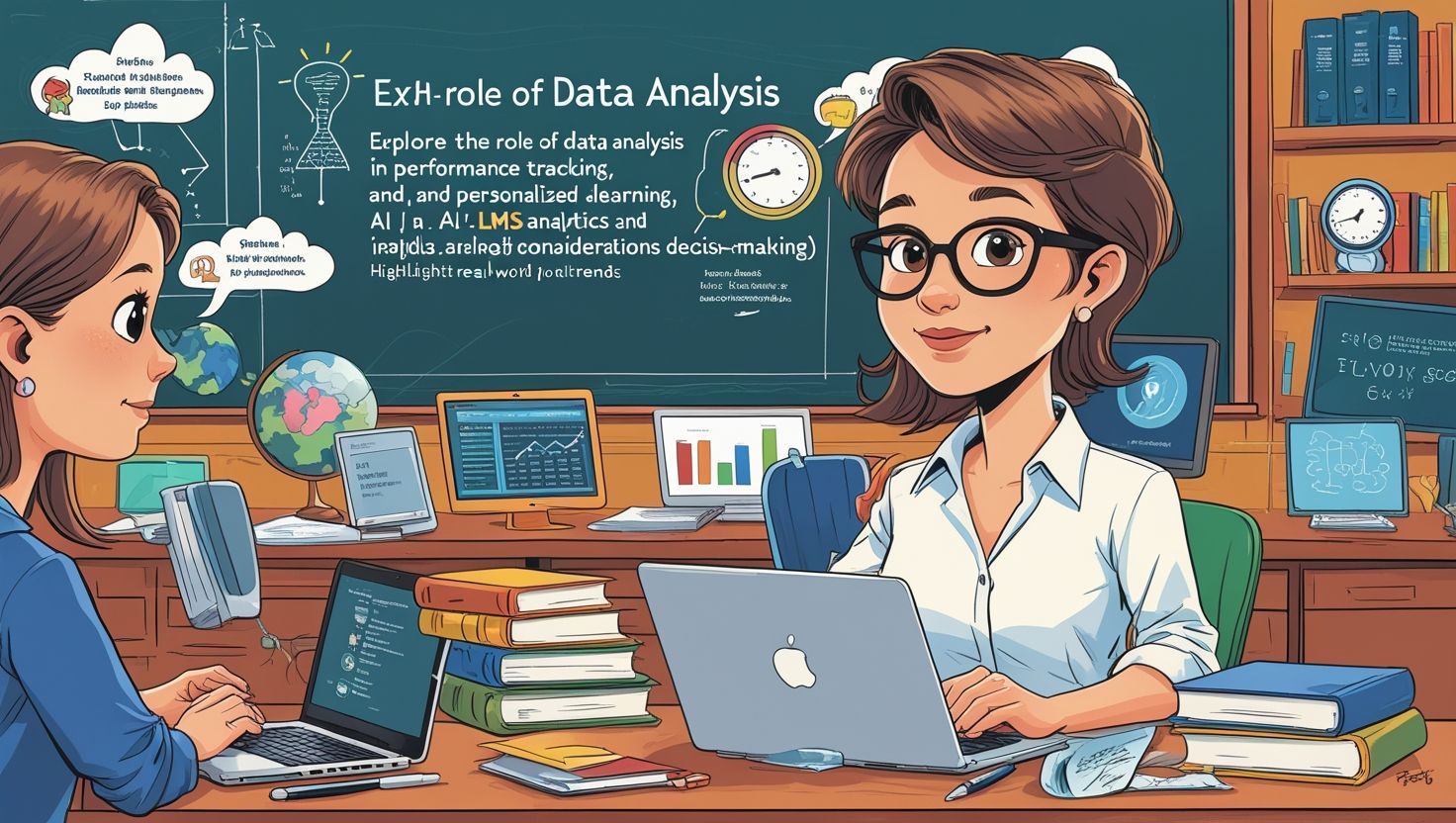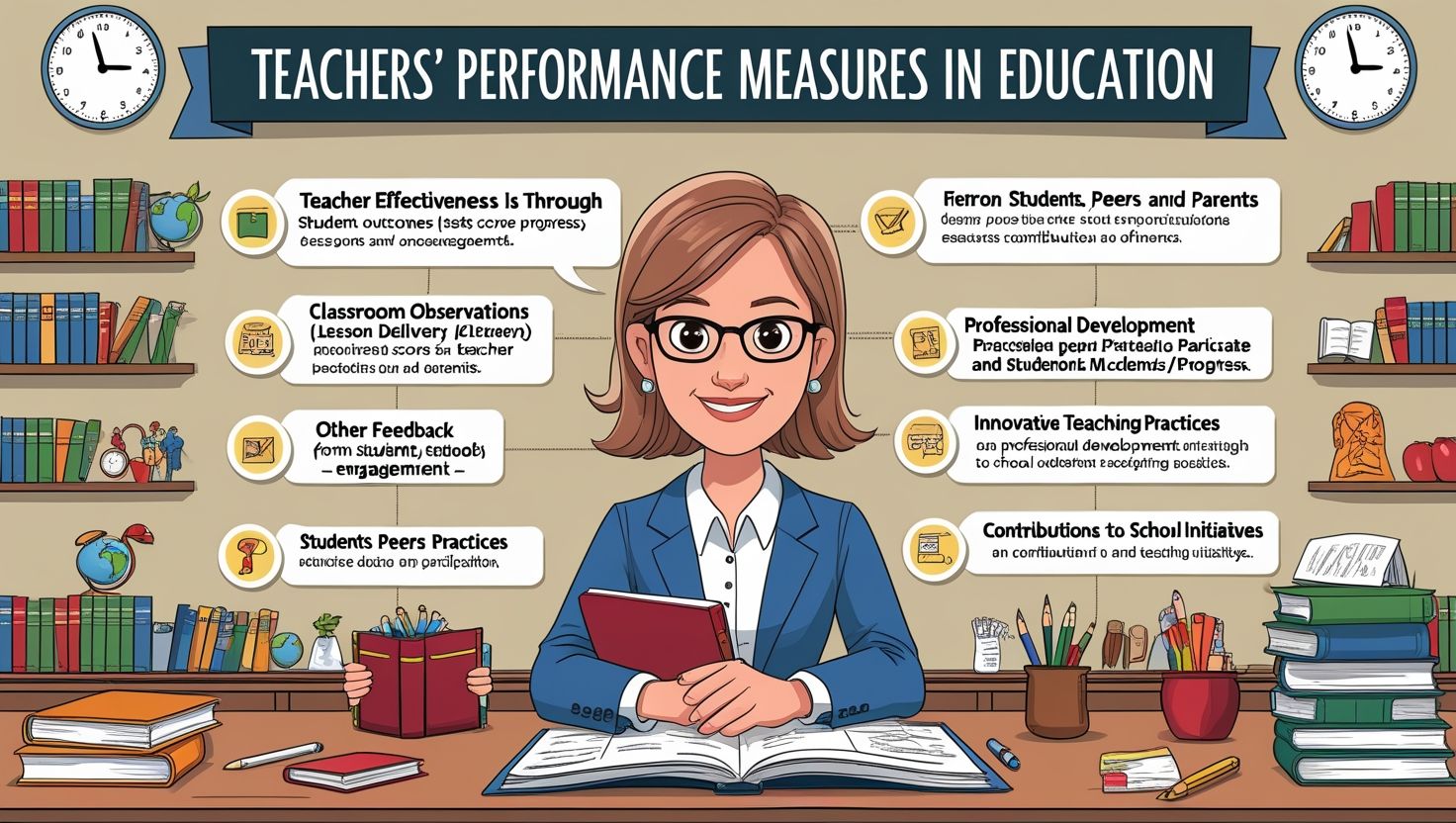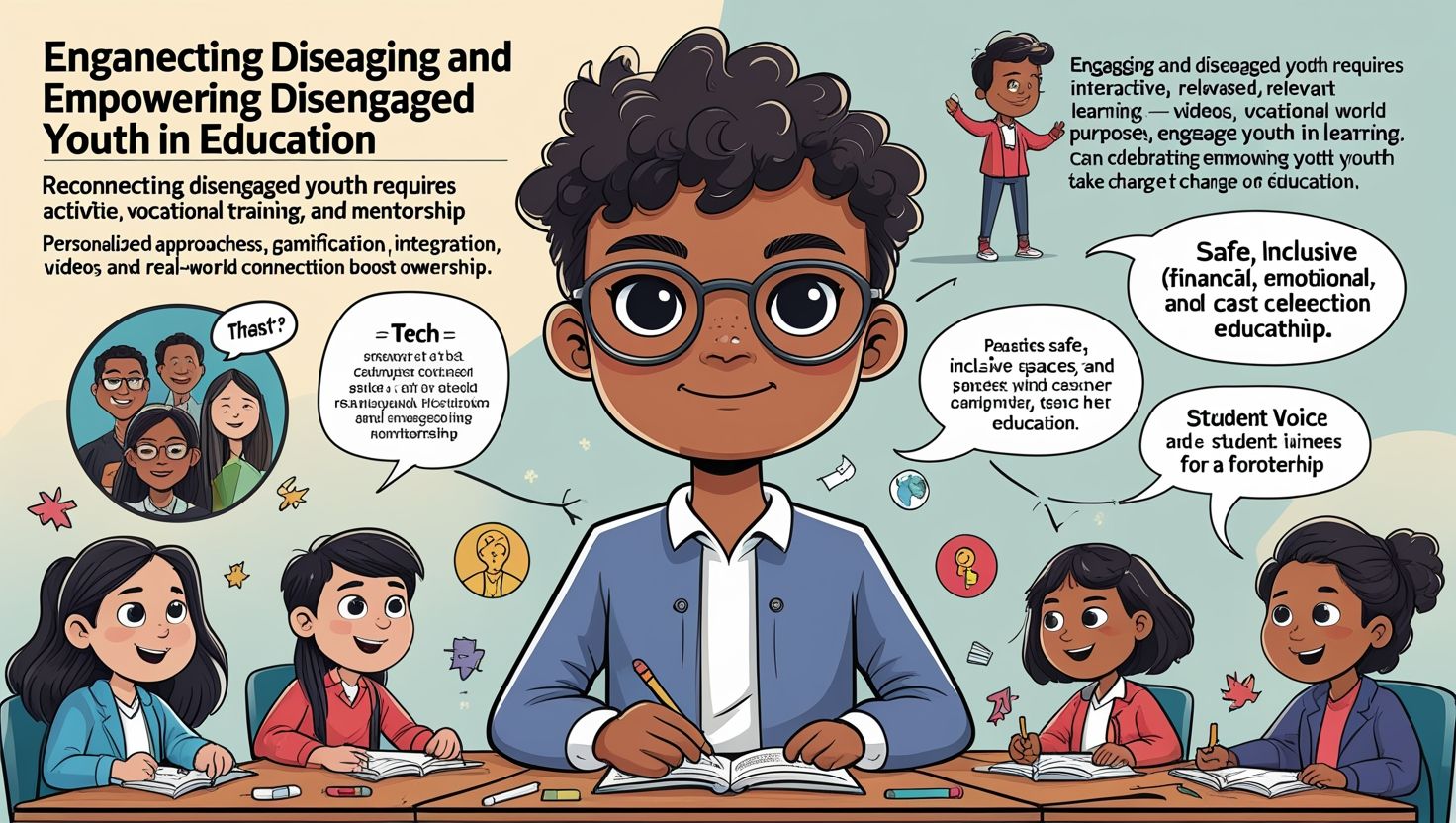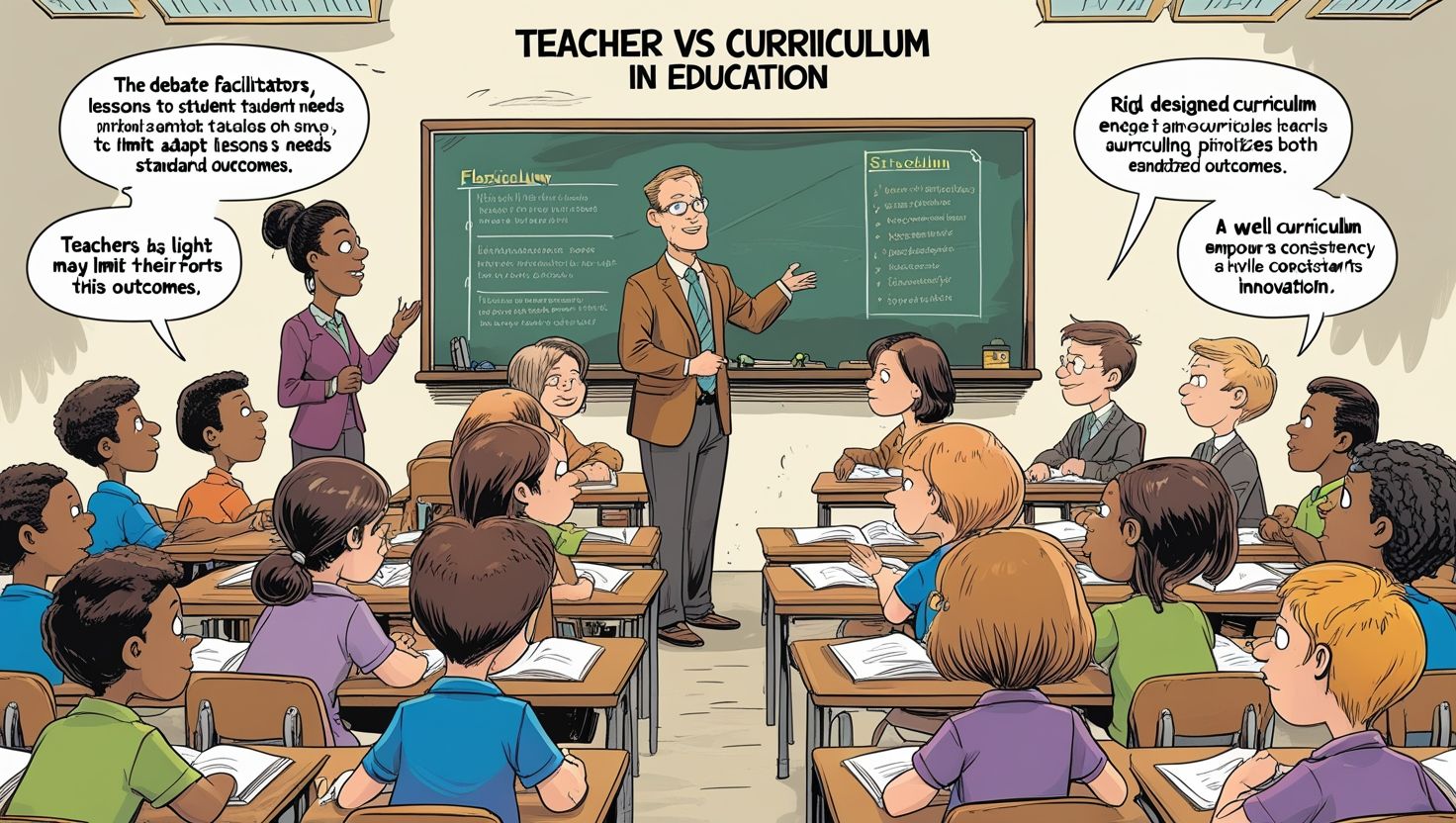Impact of Circles of Concern on Learning in Education
1. Introduction to Circles of Concern Impact of Circles of Concern on Learning in Education, The concept of “Circles of Concern” was popularized by Stephen Covey in his book The 7 Habits of Highly Effective People. This idea helps individuals identify what they worry about. It also helps to separate what they can control from … Read more
